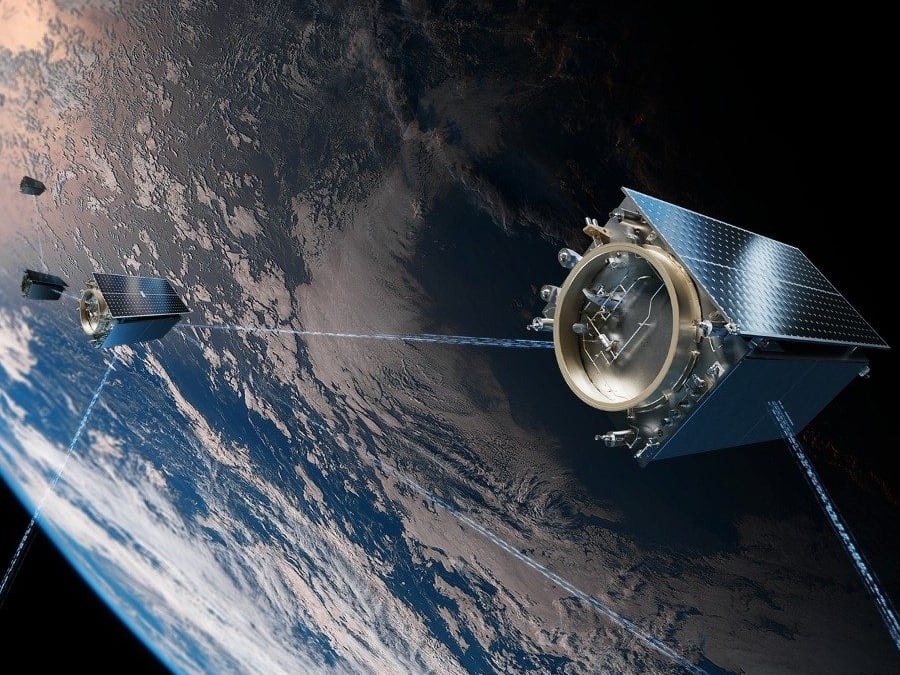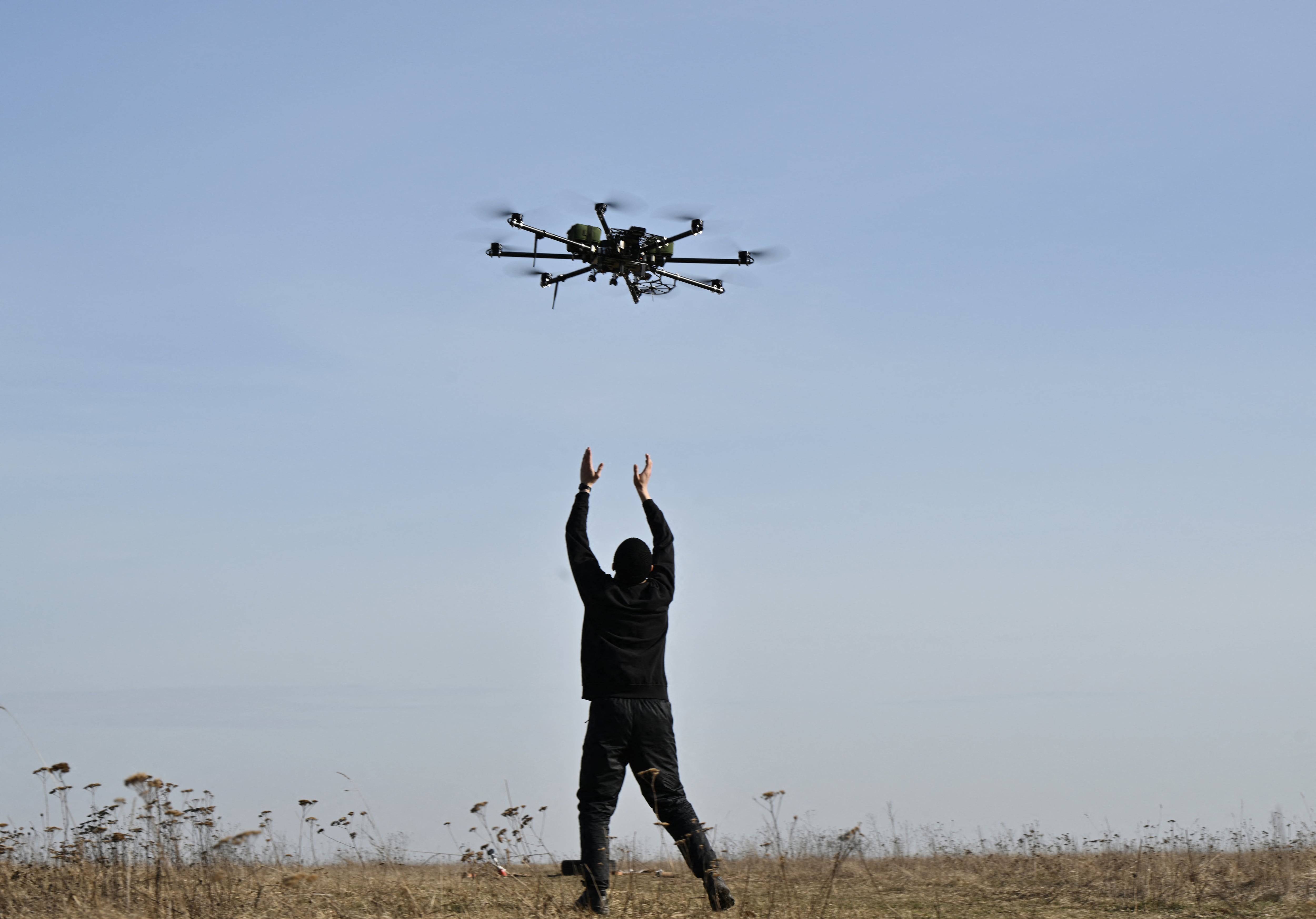Three-star generals sitting in a command post are empowered by vast amounts of data, and Marines in the trenches far from static outposts could soon benefit from that same amount of access, according to one official.
“The days of having this big COP, this common operational picture, at only one location and trying to push some information out … are really coming to an end,” Maj. Gen. Mark Wise, deputy commander of the Marine Corps Combat Capability Development Command, told reporters during a media roundtable Aug. 1.
Wise was discussing technologies tested as part of a recent Advanced Naval Technology Exercise (ANTX) that took place at Camp Lejeune. The purpose of these exercises are to identify capability gaps and better inform requirements for future fights.
“As we look at that future fight in, say, the 2030 timeframe and beyond, we’re looking at that place where we need to be at some point and the capabilities we need to have,” Wise said.
Part of that future fight involves taking advantage of communications technologies to provide Marines at the lowest levels unprecedented levels of situational awareness (similar to an issue the Army has addressed).
“On the maneuver side, the enabling capabilities like some of the [command and control] systems out there that allow you to push information in really detailed formats to the end user … All of a sudden that guy has got the same situational awareness that the three-star general has at the [Marine Expeditionary Force] headquarters,” Wise said. “You’re able to make decisions much, much faster because everyone has a fairly good picture of what’s going on.”
Wise said that this data revolution could lead to major changes in mission command as well. It used to be, he said, that it was hard to give authorities down to the lowest echelons because those Marines might not know everything that’s happening. However, with a heightened situational awareness, the Marine is now empowered to make certain decisions, and “that’s the part that really gets exciting,” Wise said.
Wise also addressed the nature of mesh network technology today and how that can create significant advantages for forces, especially in denied environments.
“This is not necessarily new technology, it’s just evolving in application, when you start talking about mesh network capability and the fact that you’re putting essentially users become repeaters,” he said. “There was a lot of that technology out there where I’m not really relying on a satellite at all for some of that because I become the satellite and so does the next guy to me or a guy a ridgeline away or a UAV or a balloon or you name it.”
These mesh technologies become communications bubbles, Wise added, noting that they also increase situational awareness.
Marine Corps Times reporter Shawn Snow contributed to this report.
Mark Pomerleau is a reporter for C4ISRNET, covering information warfare and cyberspace.







